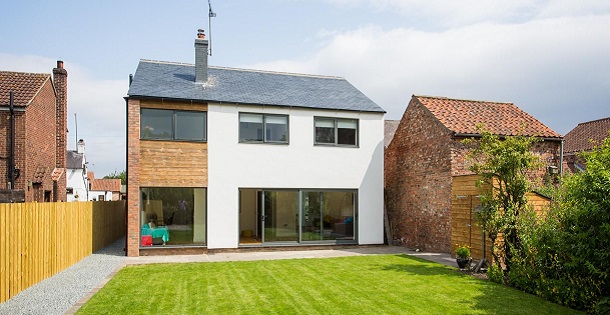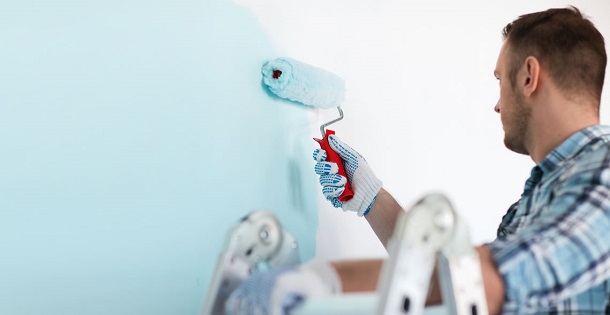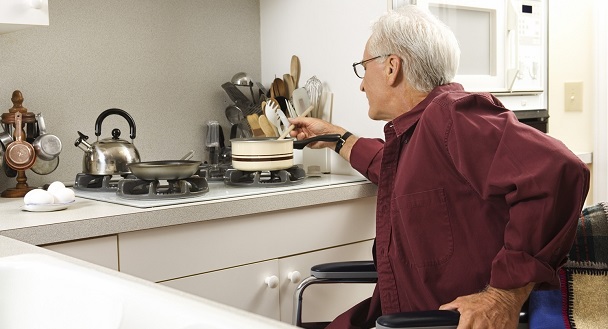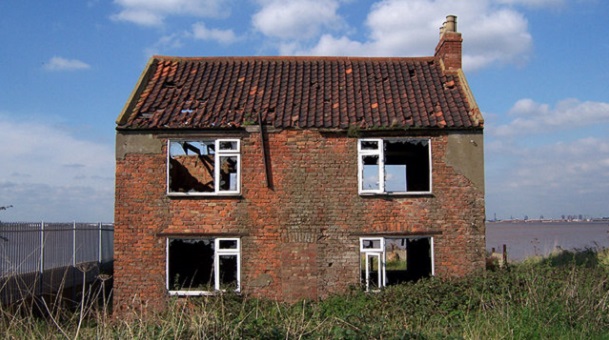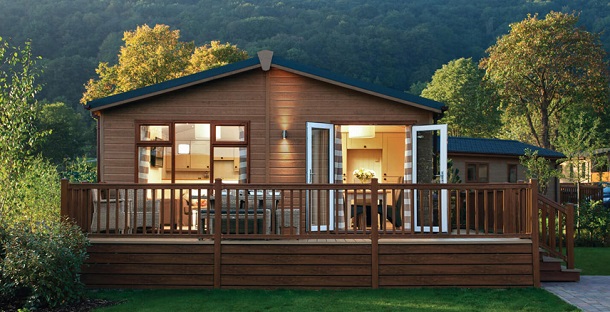
Buying a holiday home is a dream for many; the idea of being able to escape to your own holiday destination whenever you fancy is an exciting prospect. Holiday homes are not only a nice luxury but can also make for an attractive investment opportunity.
Many investors are taking advantage of the financial benefits of owning and renting out a holiday home, which can make a healthy profit if done properly. Whether you have managed other buy to let properties before, or are a total newbie to the landlord game, there a few differences with holiday lettings that you should be aware of if you are considering investing.
This guide covers everything you need to know about investing in a holiday home, and some helpful tips on how best to maximise your income and make a profitable investment.
Funding a holiday home investment
If you are considering buying your own holiday home, then you will need to decide on the best way to fund the property purchase. Many people will buy holiday homes outright if they have the funds available, and it is a popular option for those who have received an inheritance or other lump sums.
If you don’t have the money to buy a holiday property as a cash buyer, then you will need to arrange some form of funding. A popular option for funding a holiday home purchase is to release some capital from your current mortgage or pension. If you are over the age of 55, you could be able to release 25% of your pension tax-free and depending on your mortgage you may be able to release some equity from your home.
You could choose to get a mortgage to purchase the holiday home but be aware that holiday let mortgages differ from a standard mortgage or a buy to let mortgage, and you may need to look for a specialist lender. Buying a holiday home abroad as opposed to in the UK can also bring other challenges to getting a mortgage, as some lenders are sceptical about lending funds to buy property overseas.
Holiday let mortgages do come with their own tax benefits that are not available on other mortgage types, for example, you can offset the interest on your mortgage against your rental income from the home.
When you are choosing a holiday home to buy, do some research on other holiday lets in the local area to see how much they are charging for a week stay at various times of the year. This will give you a good idea of how much income you will generate from your investment.
Choosing a holiday home location
You might already have your heart set on a location for your holiday home, but if you are buying as an investment and not just a personal holiday destination, you need to take into account how good of an investment that area will be.
At this stage, it is vital to think with your head and not your heart and do the maths to work out if your dream location will be profitable for you in the long run. Try to choose a property in a location that has nearby attractions and resorts, aim for somewhere that is already a popular holiday destination.
The main decision you will need to make is whether to buy a property abroad or in the United Kingdom.
Buying a property abroad can often be significantly cheaper than property in the UK, depending on the country, but you should be aware of any other overheads you might have to pay as well. Destinations across Europe such as Spain are very popular for UK holidaymakers, and property prices are fairly low. Be careful to check for any hidden fees when buying abroad, and it is often worthwhile seeking the help of a professional.
Buying holiday homes in the UK is also becoming increasingly popular, as more and more Brits are choosing to stay in the country and have a staycation. The weather might be less reliable, but there are some popular destinations such as Cornwall and Somerset that see plenty of holidaymakers’ head there every Summer. Buying a holiday home in the UK also gives you the added advantage of being in close proximity, so you can be there in very little time if you need to be.
If you buy a holiday home in the UK, you should be aware that you are legally not permitted to live in it all year round. You will need to set a permanent address for your council tax, and council tax you pay on a secondary residence will be lower.



